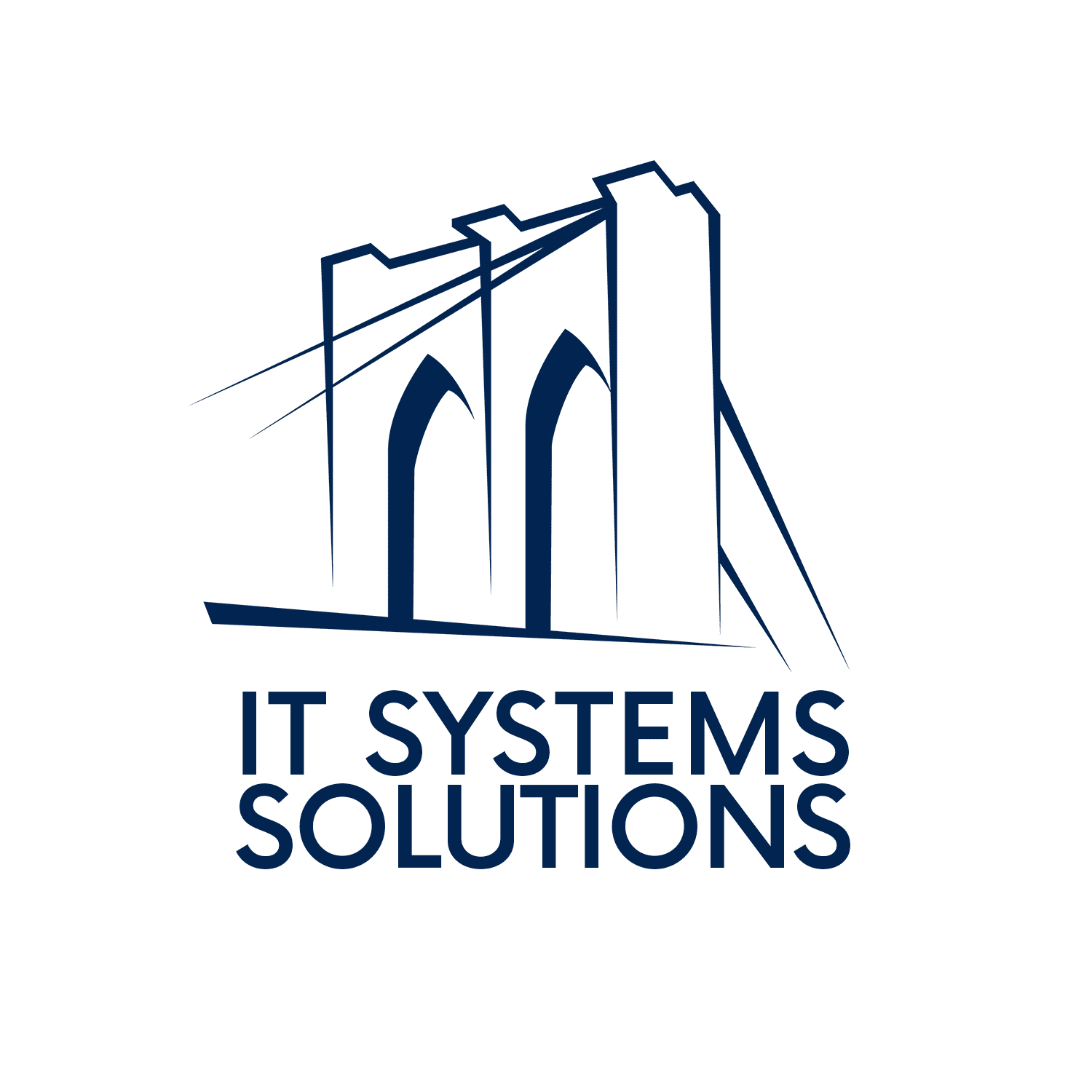For any successful business privacy and security are essential. VPNs (virtual private networks) play a crucial role in enhancing both aspects.
Data Encryption: VPNs encrypt data transmitted between a user’s device and the VPN server. This encryption ensures that sensitive information, such as customer data, financial records, and proprietary business information, remains confidential and protected from interception by cybercriminals or eavesdroppers. Even if data is intercepted, it is unreadable without the encryption keys.
Secure Communication: Businesses often have remote employees or teams working from various locations. VPNs provide a dependable tunnel for communication, safeguarding internal discussions, file transfers, and collaborative work. This is particularly important when using public Wi-Fi networks, which are vulnerable to hacking attempts.
Protection Against Cyber Threats: VPNs can help defend against common cyber threats. By encrypting data, they make it difficult for attackers to intercept and manipulate communication between employees and the company’s network.
Access Control: VPNs enable businesses to implement access controls and restrict network access to authorized personnel only. This ensures that only employees with the appropriate permissions can access specific resources and systems, reducing the risk of internal data breaches.
Many businesses operate on a global scale, and geographical restrictions can hinder their operations. VPNs can be invaluable for addressing this issue:
Global Connectivity: By connecting to VPN servers located in different countries, businesses can appear as if they are operating from those regions. This enables access to geo-restricted content, services, and marketplaces. For example, a business can access region-specific websites, test localized marketing campaigns, or gather market intelligence from various locations.
Overcoming Censorship: In regions with strict internet censorship or limitations, businesses can use VPNs to access blocked websites and maintain open communication with clients, partners, and employees.
Market Research: VPNs allow businesses to conduct market research as if they were physically present in a specific location. This can help in assessing local market conditions and gaining a competitive edge.
With the rise of remote work and the need for employees to access company resources from outside the office, secure remote access is crucial.
Remote Work Support: VPNs enable remote employees to safely connect to the company’s internal network as if they were in the office. This ensures that they can access files, applications, and systems safely, staying productive while maintaining the same level of security as with an on-site connection.
Data Protection: When employees use a VPN for remote access, data remains encrypted during transmission, protecting it from potential threats while in transit over the internet.
Compliance and Regulation: Many industries are subject to specific data security regulations (e.g., HIPAA in healthcare, GDPR in Europe). VPNs can help businesses maintain compliance by ensuring that sensitive data is transmitted securely, even in remote work scenarios.
Scalability: VPNs are scalable, making it easier for businesses to accommodate a growing remote workforce. New employees or remote teams can quickly and comfortably gain access to the company’s resources.
VPNs are a valuable tool for businesses, providing privacy, security, and flexibility in an increasingly interconnected and globalized world. They help protect sensitive data, facilitate access to global markets, and enable best remote work practices, ultimately contributing to a more agile and secure business environment. Not sure what’s right for your and your business? IT Systems Solutions can help.
